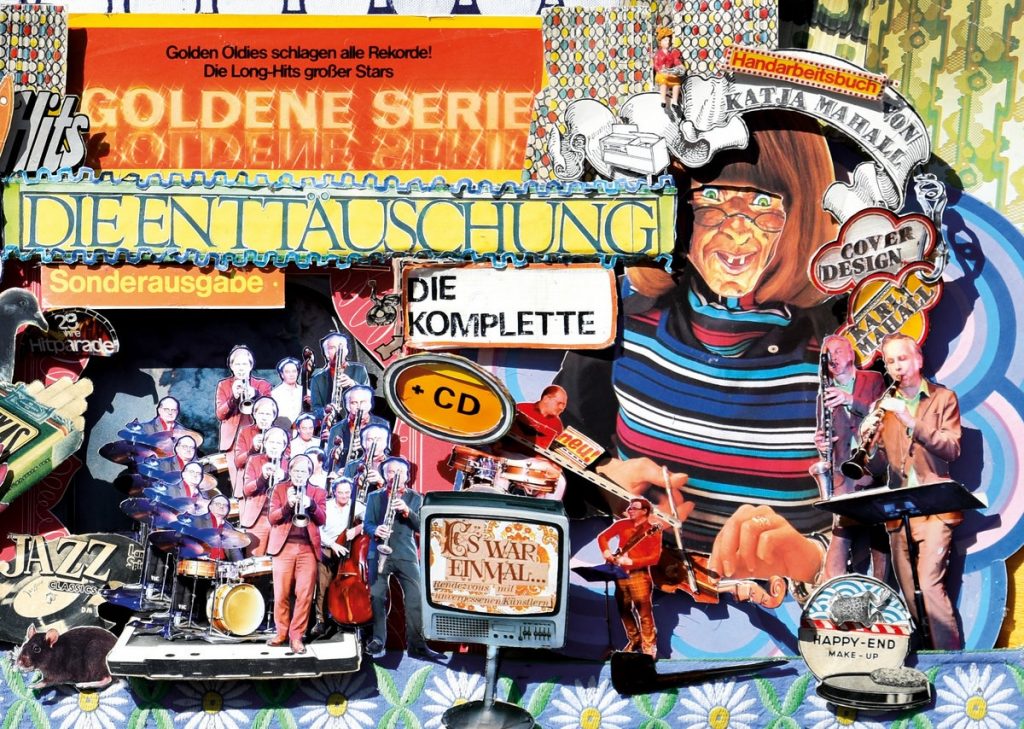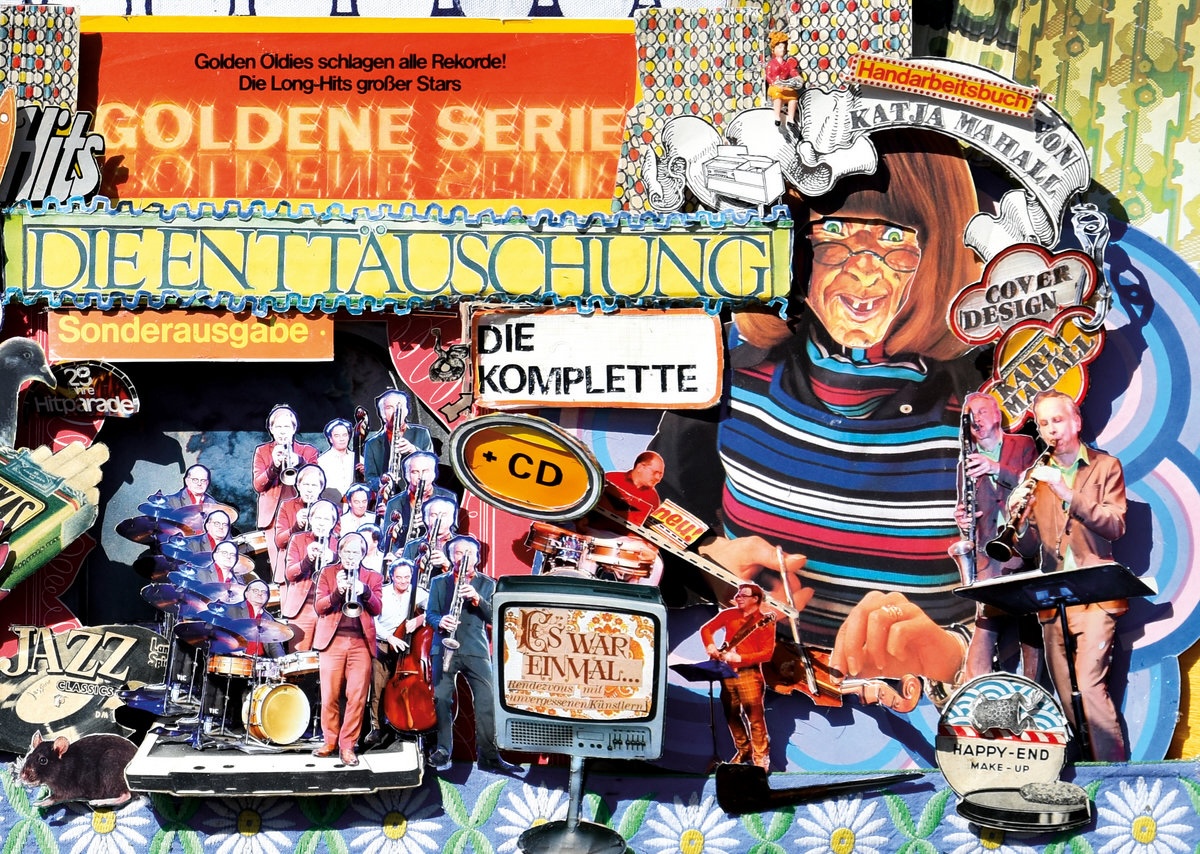
If you set about explaining Die Enttäuschung in its native language, you might fairly plead, “Es ist kompliziert.” Not because the Berlin-based combo (whose name translates as “The Disappointment”) plays complicated music, although it’s true that sometimes the band does. There’s plenty of complexity in Die Enttäuschung’s emulations and extensions of bebop’s twists and turns, which the group reconciles with extended instrumental techniques, rhythmic displacements and sometimes-jarring sonorities of freely improvised music.
But there’s a much bigger paradox at work involving the operation of time itself. Clarinetist Rudi Mahall, trumpeter Axel Dörner, bassist Jan Roder and drummer Michael Griener (a relative newcomer who joined in 2017, although his musical relationships with the rest of the band go back decades) deftly manage the conflicting concepts of timekeeping that separate bebop, early free jazz and free improvisation. But they have also aced the arguably more challenging feat of remaining creative while doing the same thing for nearly three decades.
The 18-track Die Komplette Enttäuschung provides a great opportunity to consider both phenomena. Technically, it’s not an album, but a catalog that surveys the visual artwork that Katja Mahall has contributed to the band throughout its existence. The soft-cover book contains a few recent action photos of the ensemble in concert, as well as images of the collages she has provided to each of Die Enttäuschung’s album covers, as well as a few more that have adorned associated projects. Each of her pieces is a garishly colored, riotously overstimulating array of German kitsch, sometimes organized over roughly painted backdrops. While photos of the musicians appear in nearly every one, the players tend to be dwarfed by old vehicles, fatty foodstuffs and glamorous society types from days gone by. Katja Mahall’s artwork conveys both an acute awareness of Die Enttäuschung’s relatively insignificance vis-à-vis German popular culture and the wry humor that infuses the band’s music. [Two Nineteen]
—Bill Meyer






